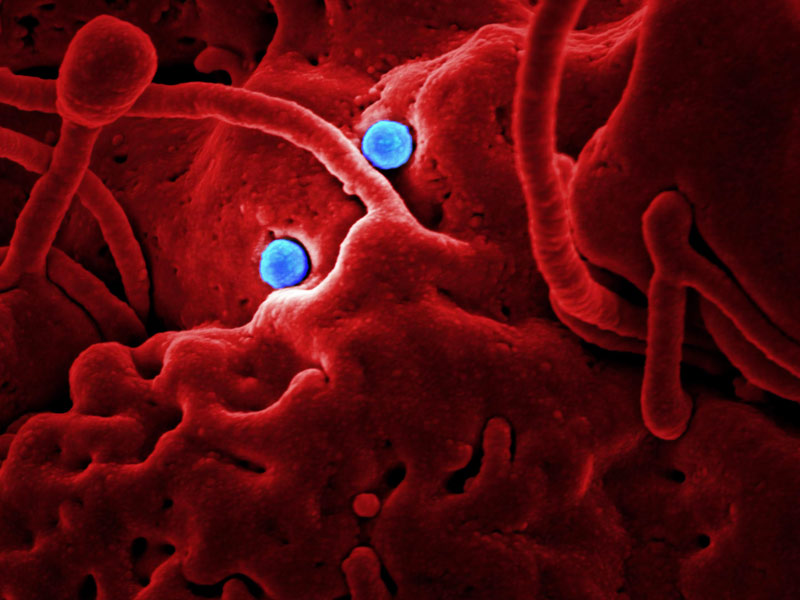
DiYES International School – Leptospirosis is a bacterial disease that poses significant health risks, especially to children. This infection can lead to severe complications, including kidney and liver damage. Despite its potential dangers, leptospirosis often goes unnoticed until it causes major health issues. This disease can be contracted through contact with contaminated water or soil, making it important for parents and caregivers to be aware of the risks and prevention strategies.
Leptospirosis is caused by the bacteria Leptospira, which is typically found in the urine of infected animals. Rats, dogs, and livestock are common carriers of the bacteria. The disease spreads when contaminated water or soil comes into contact with broken skin, mucous membranes, or through ingestion. In children, the risks are higher due to their natural curiosity and tendency to play in areas that may be contaminated, like puddles, rivers, and outdoor parks.
Leptospirosis symptoms can appear anywhere from a few days to a few weeks after exposure. In the early stages, children may experience fever, chills, and muscle aches. As the disease progresses, it can affect the liver, kidneys, or both. Symptoms may worsen and lead to jaundice, abdominal pain, vomiting, and even respiratory distress. If left untreated, leptospirosis can cause serious health issues such as organ failure or meningitis, making early detection crucial.
“Read about: The Impact of Diphtheria on Children: What Every Parent Should Know”
Children are particularly vulnerable to leptospirosis because their immune systems may not be fully developed. Their behavior also increases the likelihood of exposure. For example, children may be more likely to wade through contaminated water, play in areas with animal waste, or consume unclean water. This makes it important to implement preventive measures early on to protect their health.
Preventing leptospirosis starts with reducing the risk of exposure to contaminated environments. Here are several key strategies to help protect children:
If you suspect your child has leptospirosis, seek medical attention immediately. Diagnosis is usually made through blood tests or urine samples. The earlier the disease is detected, the easier it is to treat. Doctors typically prescribe antibiotics, such as doxycycline or penicillin, to treat leptospirosis. In more severe cases, hospitalization may be necessary to manage complications like kidney or liver failure.
“Read more: Dealing with Sinusitis in Kids: Symptoms, Treatment, and Prevention”
Leptospirosis is a disease that often goes unnoticed until it reaches critical stages. Raising awareness about the risks of the disease and the importance of prevention is vital for protecting children. Schools and communities should educate parents and caregivers about the signs and symptoms of leptospirosis. This will help ensure that children are safe from exposure and receive prompt treatment if needed.
Leptospirosis remains a silent threat to children’s health, particularly in areas with poor sanitation or after flooding. By taking preventive measures and raising awareness, parents can protect their children from this dangerous bacterial infection. Vigilance, proper hygiene, and limited exposure to contaminated environments are essential in the fight against leptospirosis.